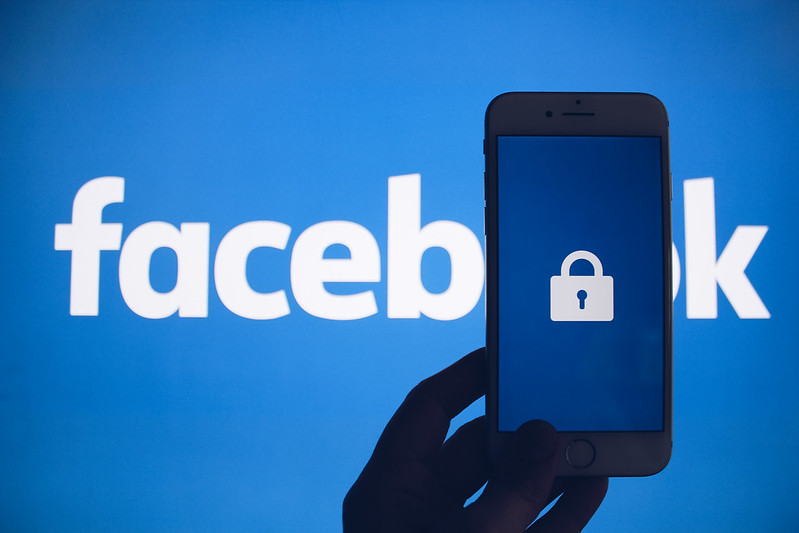The recent surge in “Facebook clones” or dummy accounts or fake Facebook profile pages caused alarm among many netizens, including my friends and family members. Imagine, my husband had to report five blank and duplicate Facebook profiles that were “pretending to be me.” As of this writing, Facebook removed only one of my three clone accounts.
National Privacy Commissioner Raymund Liboro said it was too early to establish the cause of the sudden proliferation of the fraudulent Facebook accounts because of an internal glitch or by external factors.
The activists arrested at the peaceful protest held at the University of the Philippines Cebu campus were the first to mention that their accounts were “duplicated”. Netizens voiced out their concerns over these fake profiles using the hashtag #HandsOffOurStudents. Other reports pointed out the targets of the spoofing attacks were outspoken of the Anti-Terror Bill of 2020, but even pro-administration netizens claimed they were victims, too.
Jonathan Ong, who co-authored several studies on local troll armies, believes fake Facebook accounts’ creation could be a ploy to gain access to people’s data and information. Ong mentioned in his interview with the ABS-CBN News Channel (ANC) that “the creation of dummy accounts was widely used in the 2016 National Elections, but Facebook has since made it harder to create these accounts, causing disinformation campaigners to abandon the tactic.” It puzzles him why this happened. “It might be around control of people’s data, that’s what’s more concerning for me,” he told ANC. The organizations or people behind the sudden surge of fake Facebook profiles could be showing off that they have access to people’s data and information.

Lawyer JJ Disini, an expert on IT law, shared the dangers of a fake Facebook profile. When a target is identified, a fake Facebook profile is created with the same name as the former. At the right time, the fake profile page would be made to appear identical. Disini warns that the user’s photo and banner of the real account could be copied and pasted. A target could be locked out of his legitimate Facebook page by filing bogus complaints against the target with Facebook. While the target is locked out of his page, a post is created on the fake page where target commits a crime, for example, a threat on the life of the country’s president. The next likely scenario would involve taking a screenshot of the fake account with the incriminating post, then followed by deleting the fake page. Charging the target with a crime based on the screen shot could follow next. I don’t know if we could use the screenshot as evidence. When I filed a complaint against Facebook on the Cambridge Analytica data breach, the National Privacy Commission asked for the link to my Facebook post exposing the breach.
What could you do to protect your identity on Facebook? Ensure your Facebook account is secure. Enable the Two-Factor Authentication. If you are using a pseudonym or nickname, enter your birth name as optional information (under Settings, Personal Information, Name, Other Names) in your Facebook account. You could add your nickname and birth name. Under the Settings, Personal Information, you could submit proof of identity under “Identify Confirmation” as another layer of security. If you run ads about social issues, elections or politics, Facebook might ask you to provide proof of your identity. I complied with the “Identify Confirmation” because I handle many Facebook pages. All this precaution might not be a guarantee that your page won’t get disabled from a malicious takedown.
I also suggest documentation of your Facebook clones. Aside from screen shots, get the links and keep them on file. The open-source web app, http://doppelbanger.now.sh could search duplicate fake accounts on Facebook. Not all are fake, though. The results on Facebook Search revealed I had three clones. Using this web app showed five more.
Publish your social networks in your blog or LinkedIN so people would know where to search for you instead of using Facebook Search. Continue to write content that shows your “personal branding,” or how you want to establish and promote what you stand for.
While we continue to demand answers from Facebook and investigators, let’s secure and protect our personal data and privacy.
First published Sunday Business & IT, June 14, 2020.